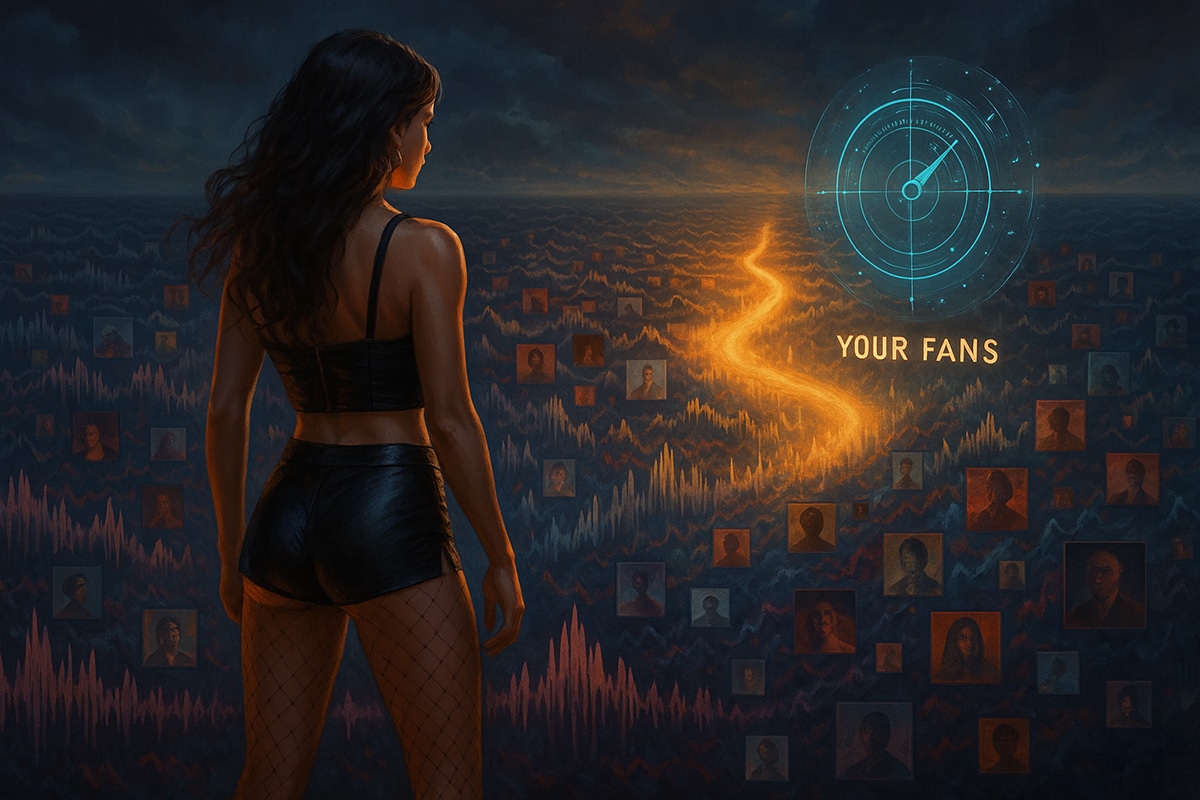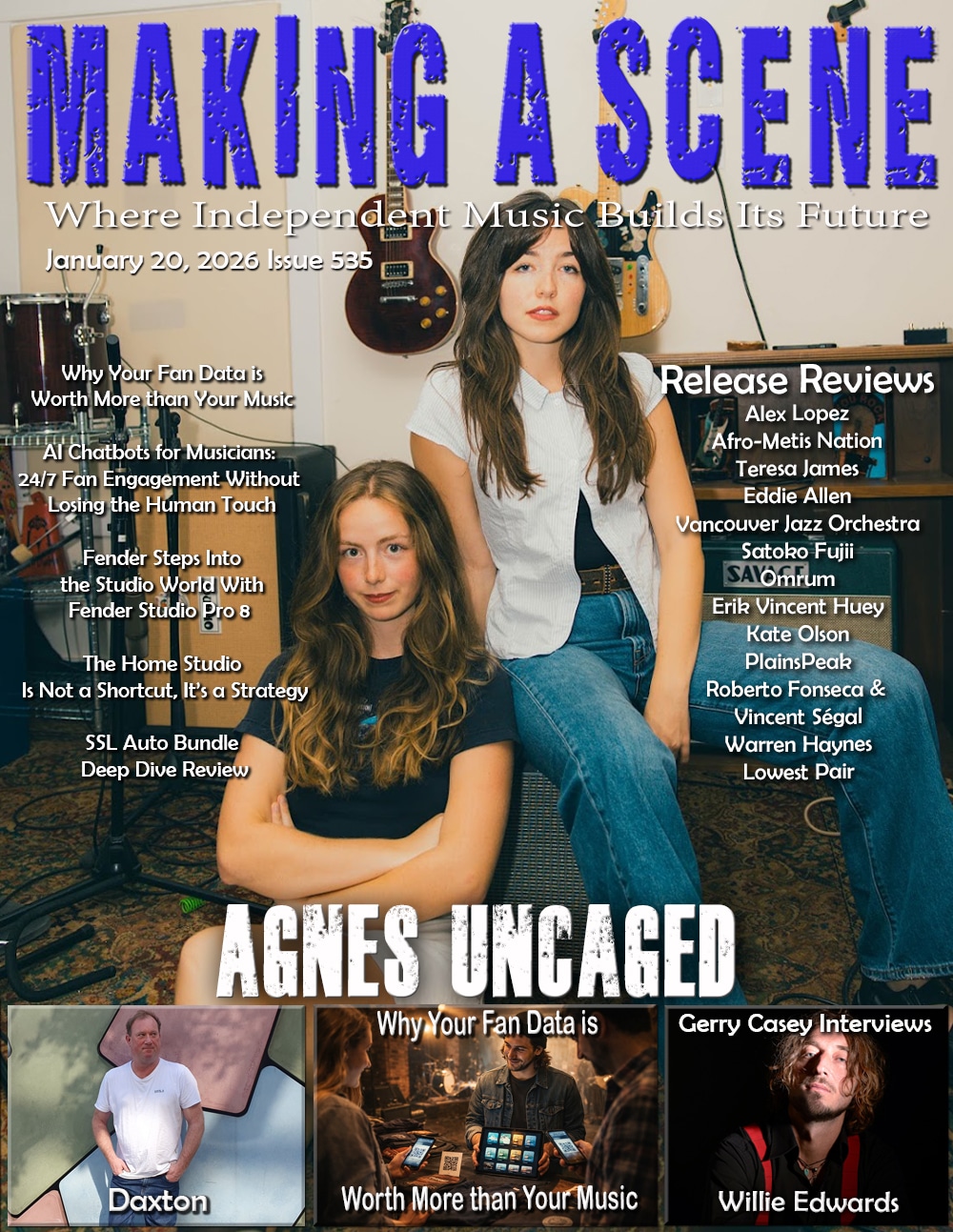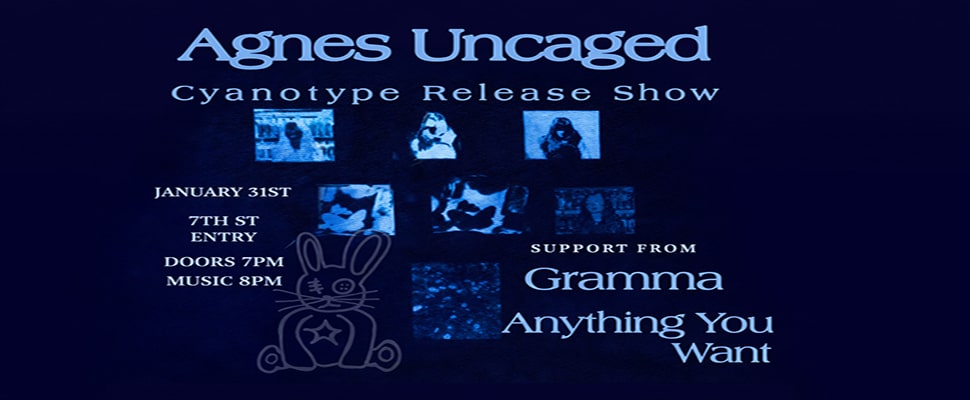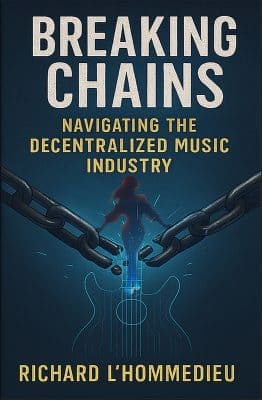
Making a Scene Presents Intro to AI for Indie Music Marketing: How to Work Smarter
Marketing your music as an independent artist can feel like a never-ending uphill battle. It’s not just about writing great songs or playing great shows anymore. You’re expected to be a content creator, graphic designer, data analyst, social media strategist, and advertising expert—all while still finding time to be a musician. And the landscape keeps getting more competitive. Spotify alone holds over 900 years’ worth of music, and thousands of new tracks are uploaded every single day. No matter how great your songs are, the reality is this: if people don’t know you exist, they’re not going to press play. Which is why we are going to create a series of articles on “The Other Side” of AI and how it can be used by Indie artists to level the playing field with it comes to marketing their music.
With so much noise, how do you stand out? How do you find the people who actually care about your sound? And once you find them, how do you know what kind of content will draw them into your world—and where to place it so they’ll actually see it?
That’s where AI comes in. And no, this isn’t some dystopian vision of machines taking over your creativity. It’s about learning to use smarter tools to amplify what you’re already doing. AI doesn’t replace your authenticity—it gives you more time, insight, and leverage to market your music in a way that actually works.
Artificial intelligence (AI) at its core is technology designed to make decisions like a human would—only faster, at scale, and with more precision. For indie musicians, AI typically shows up in three ways: machine learning, automation, and data-driven insights.
Machine learning means that the software learns patterns in fan behavior and engagement—things like what content gets more views, when your followers are most active, or which fans are more likely to click on your merch link.
Automation means AI can handle repetitive tasks for you: scheduling posts, generating tour announcements, sending emails, or even launching ads without you having to micromanage every detail.
Data-driven decision-making means AI can help interpret the numbers—your Spotify for Artists data, your Instagram insights, your email click-through rates—and turn those into strategies you can actually act on.
So how does this help you in the real world?
Let’s say you don’t know much about your audience beyond a handful of Instagram comments. Tools like Beatchain, Chartmetric, and Viberate can analyze your streaming and social media data to help you discover who’s listening, what cities they’re in, and even which platforms they’re most active on. That kind of data lets you stop guessing and start making informed decisions—like targeting tour dates or promo campaigns to the people who already care.
Or maybe you’re struggling to keep up with the constant need for content. AI writing assistants like ChatGPT or Copy.ai can help you come up with engaging captions, brainstorm ideas for TikToks, write press releases, or even build compelling email copy. If you’re managing multiple platforms, services like Beatchain or Later can automatically schedule posts at the optimal times, analyze how they’re performing, and make recommendations to improve your reach.
If you’ve tried advertising but feel like you’re just throwing money into the void, AI tools like ToneDen, Feature.fm, or even Meta Ads Manager’s AI targeting features can help you run smarter ad campaigns. These platforms use audience behavior and interest data to show your music to people most likely to engage. That means your limited budget goes toward real fans, not just random scroll-bys.
Email marketing is another overlooked but powerful tool, especially when it’s powered by AI. Platforms like SendGrid and Kit can automatically segment your email list and send personalized updates based on fan behavior—whether they clicked a link, opened your last email, or bought a ticket. That kind of targeting keeps fans engaged without you having to hand-craft every single message.
Of course, one of the biggest concerns artists have about using AI is losing that human touch. But here’s the truth: AI doesn’t kill authenticity—it just handles the parts that aren’t personal. You still write the songs, choose the images, set the tone. AI helps you avoid burnout by taking care of the busywork and making sure your message lands in front of the right eyes and ears.
If you want to dive deeper into how all this works, there are some solid educational resources out there. Websites like AImusic.co and FutureTools.io offer growing directories of tools and tutorials designed for creative professionals. Beatchain even offers a free video course on data-driven music marketing. And platforms like MakingASCENE.org frequently publish breakdowns of how indie artists are using AI in real life—not hypotheticals, but actual case studies of artists using this tech to reach new fans and make a living doing what they love.
In the end, AI isn’t a threat to your originality—it’s a toolkit for making the most of your time, talent, and creativity. In a world where millions of tracks compete for attention, using data, automation, and insight isn’t selling out. It’s leveling the playing field. The game hasn’t changed—you still need great music and a strong voice. But now you have a smarter way to get that voice heard.









